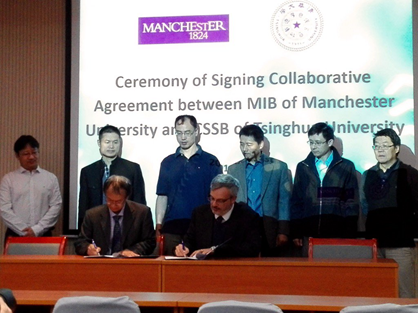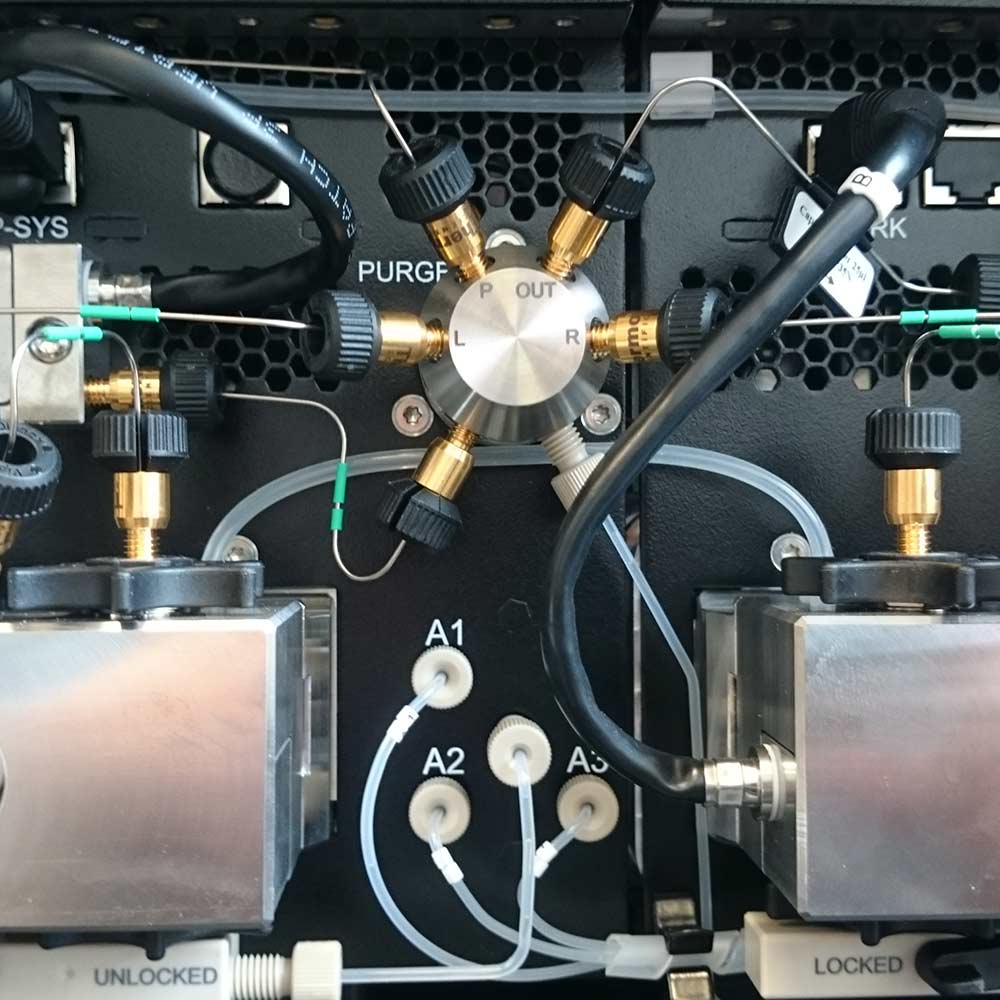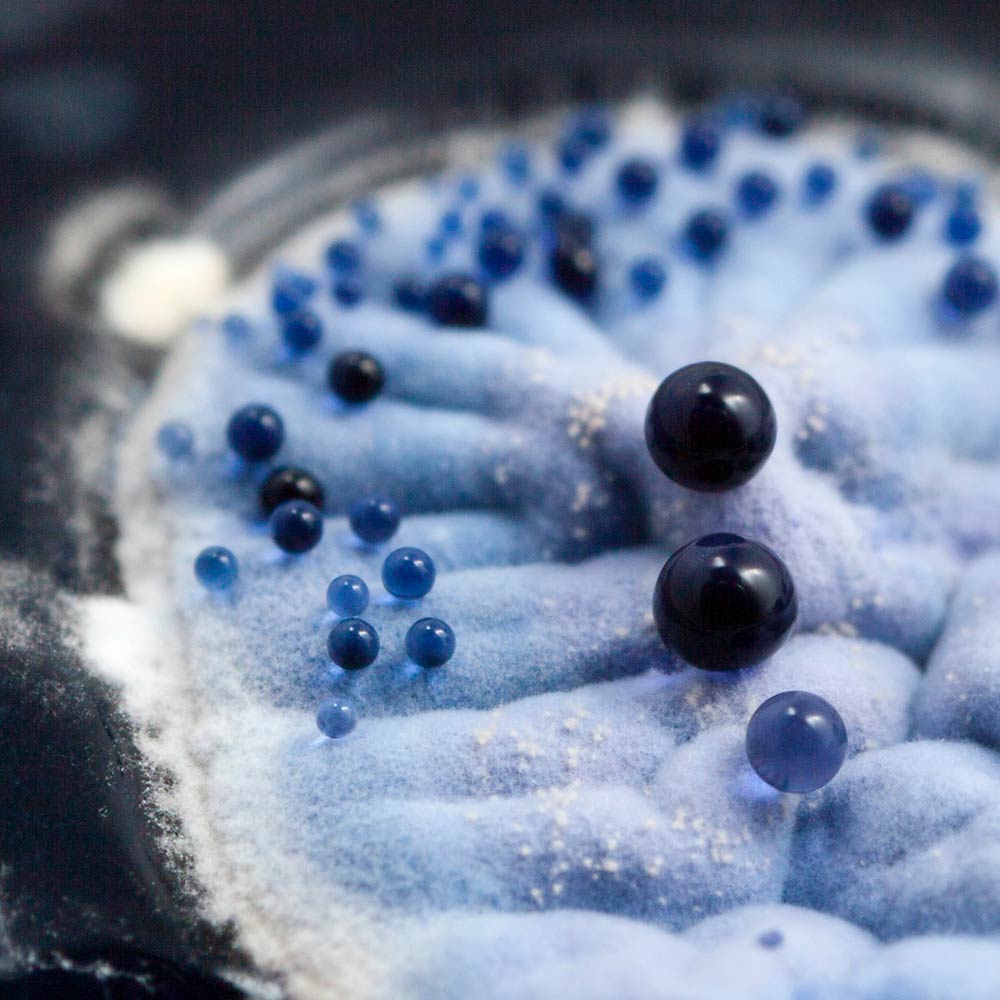National and International Outreach
OPEN COLLABORATION ETHOS
A full and open collaboration ethos is at the heart of the SYNBIOCHEM Centre.
We have developed local, national and international partnerships to foster new, high quality scientific research projects.

NATIONAL COLLABORATIONS
The Centre is part of a wider network of National Synthetic Biology Research Centres and DNA foundries (Web link) and works closely with the RCUK funded National Networks in Industrial Biotechnology and Bioenergy (NIBB).
These collaborations allow us to share research capabilities and expertise, and provide platforms to develop new collaborative research programmes.

INTERNATIONAL OUTREACH
The Centre has grown its outreach across the globe by hosting visitors from Brazil, South America, Canada, China, Japan and Taiwan (amongst others) and delivering talks at international institutes and symposia.
It is a founding member of the Global Biofoundries Alliance recently established to coordinate integrated infrastructure activities worldwide.

CHINA
A partnering award Synthetic Biology for biotechnology of fine chemicals – SynBioTech (Scrutton/Takano) helped foster collaborations with researchers at the Chinese Academy of Science (Lixin Zhang) and Tsinghua University (Guo-Qiang Chen).
This led to the MIB and Tsinghua University signing a Memorandum of Understanding to further establish close working relationships in SynBio. The University of Manchester and Tsinghua now host a Dual award PhD in Synthetic and Systems Biology – Read More.

JAPAN
Application of MS-imaging and metabolomics in SynBio based strain improvement of industrially important microbes (Takano) to partner with the Department of Advanced Science and Biotechnology, Osaka University (Eiichiro Fukusaki).

Brazil Research Collaborations
A collaboration with the CTBE: Brazilian Bioethanol Science and Technology Lab and UK partners used Synthetic Biology, Metagenomics, and Bioprocessing to provide alternative routes to high value chemicals. Lignin valorization in cellulosic ethanol plants: biocatalytic conversion via ferulic acid to high value chemicals. As lignin can be obtained as a by-product of cellulosic ethanol production, it is a potential source of renewable chemicals.
The efficient valorisation of lignin is a major unsolved problem in the development of sustainable biorefineries which has been tackled by teams with expertise in cellulosic ethanol production and in biocatalyst discovery (CTBE) together with expertise in biocatalytic lignin valorisation (Warwick) and biocatalysts for high value chemicals production (Manchester, UCL).

EUROPEAN COLLABORATIONS
The Centre is further developing its EU collaborations as a member of the Industrial Biotechnology Innovation and Synthetic Biology Accelerator (IBISBA) infrastructure project (http://www.ibisba.eu).

TOPCAPI
Development of thoroughly optimised production chassis for advanced pharmaceutical ingredients – A new H2020 funded project TOPCAPI, involving 8 academic and industry partners from 4 different countries (led by Prof. Takano) will exploit the natural fabrication power of actinomycetes as microbial cell factories to produce high-value pharmaceutical ingredients.
